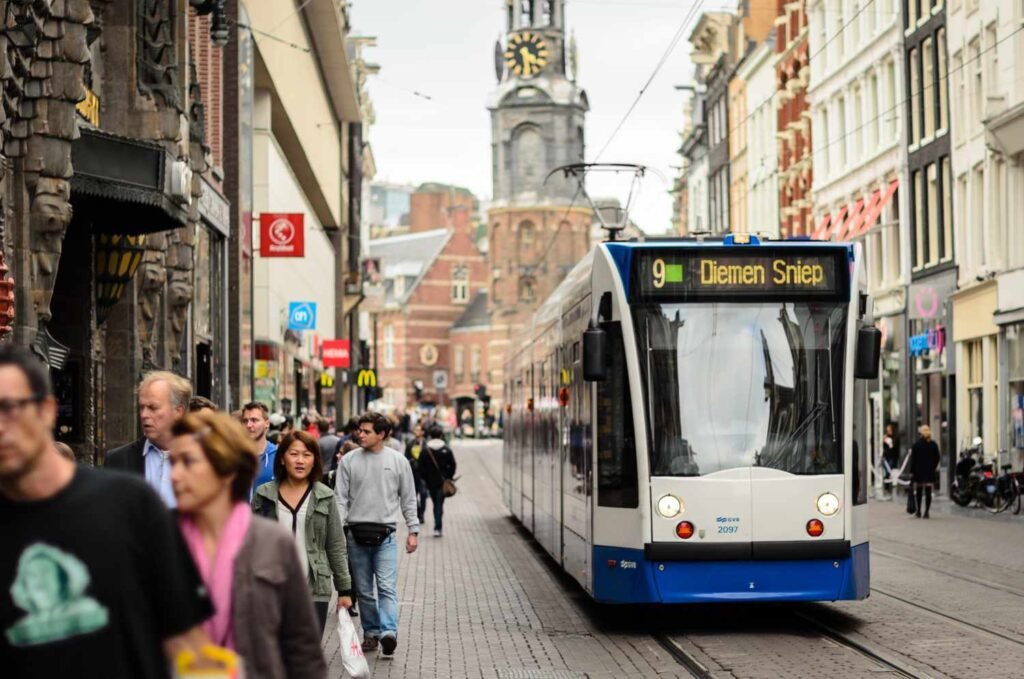If you’re planning to start a job in the Netherlands through an international recruitment agency, you might be wondering about accommodation and transportation arrangements. At Celoria Recruitment Solutions, we ensure that your transition to working abroad is as smooth as possible. Here’s what you can expect:
Accommodation in the Netherlands
How Long is Accommodation Provided?
In the Netherlands, accommodation is provided for as long as you are employed through the agency. This ensures stability and helps you focus on your new job without worrying about housing arrangements. In contrast, some agencies in Germany and Belgium provide accommodation only for the first three months, encouraging workers to integrate and find their own housing afterward.
Types of Accommodation
Due to the housing shortage in the Netherlands, accommodations for migrant workers vary by region. In areas with high demand, agencies offer specialized housing solutions such as:
- Hotels designed for workers
- Tiny home villages developed for temporary workers
- Shared apartments or detached homes in regions with more housing availability
Most accommodations are furnished and include essential facilities like kitchens and living spaces. However, you should bring your own bed linen and personal items to make your space feel like home.
Accommodation Costs
Housing costs are generally standardized across agencies. Most agencies charge around €100 per week, deducted from your salary. If the agency places you in a more remote area, the cost may be as low as €80 per week. Importantly, Dutch labor laws protect workers from excessive housing charges—if you don’t work enough hours, the employer cannot deduct the full accommodation cost from your salary.
If you prefer, you also have the option to find accommodation on your own. Agencies are flexible and won’t require you to use their housing if you find a better alternative.
Who Will You Live With?
Expect to share your home with workers from various European countries, including Poland, Romania, Lithuania, Latvia, Italy, Portugal, and Spain. Agencies generally try to pair workers with others of the same nationality to ease the transition. If you have specific preferences regarding your living situation, agencies will try to accommodate your request where possible.
Transportation to Work
Commute Arrangements
Your daily commute to work will be organized by the agency. The mode of transportation depends on your distance from the workplace:
- Bicycle – If you live within 10 km of your workplace, most agencies will provide a bicycle. The Netherlands is known for its cycling culture, making this a convenient and cost-effective option. You may need to pay a deposit, which will be refunded when you return the bike.
- Car – If your job is more than 10 km away, the agency will arrange a car for you and your housemates.
- Public Transport – In some cases, agencies may ask workers to use local public transport. If this applies to you, your travel expenses may be reimbursed.
In Belgium, cycling is slightly less common than in the Netherlands. Some Belgian agencies encourage workers to use their own vehicles and compensate for travel expenses. Meanwhile, in Germany, agencies typically provide shared cars due to longer commuting distances.
Important Considerations
- Your accommodation details (exact address) will usually be provided a few days before your arrival.
- If you have specific housing preferences, inform your recruiter in advance.
- The quality of your living conditions will depend largely on you and your housemates—keeping the space clean and organized is a shared responsibility.
By choosing Celoria Recruitment Solutions, you can rest assured that both your housing and transportation needs will be taken care of, allowing you to focus on your new job in the Netherlands. If you have any concerns or special requests, let us know—we’re here to help make your transition as smooth as possible!

